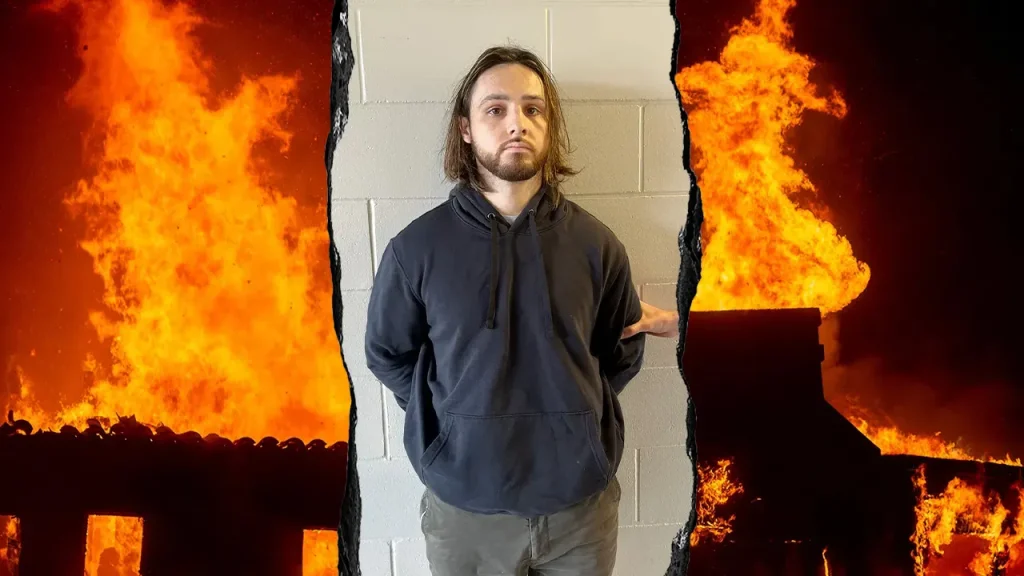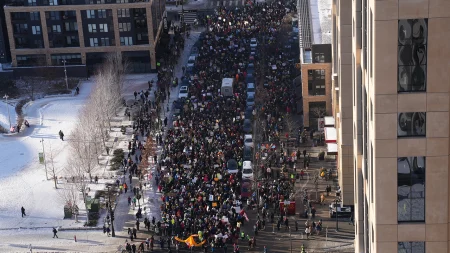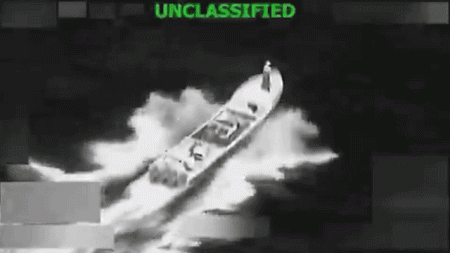Florida Man Arrested for Devastating California Wildfire That Killed 12
In a shocking development that reads like a dark tragedy, federal authorities have apprehended 29-year-old Florida resident Jonathan Rinderknecht in connection with one of California’s most catastrophic wildfires. The blaze, which began as a small New Year’s spark just after midnight on January 1, ultimately claimed twelve lives and destroyed approximately 7,000 structures. According to federal prosecutors, Rinderknecht allegedly ignited the initial fire along the Temescal Ridge Trail above Pacific Palisades. What began as a modest brush fire on federal property soon transformed into an unstoppable inferno that would later reignite as the Palisades Fire, consuming over 200 acres across the Santa Monica Mountains National Recreation Area. Now facing felony charges of arson on property receiving federal financial assistance—a crime carrying up to 20 years in prison—Rinderknecht’s case is made even more unusual by reports that he allegedly consulted ChatGPT after the fire, asking if he might be responsible for the disaster.
The timeline leading to Rinderknecht’s October 8 arrest reveals a disturbing progression of events. Digital evidence suggests a troubled mindset in the months before the fire. In July 2024, he asked ChatGPT to create “a dystopian painting” depicting a burning forest with “the poor running from the flames” while “the richest people… watch the world burn.” By August, he messaged a family member that he had “Burned the Bible I had literally,” a statement he later repeated to ChatGPT in November, adding that the act “felt amazing” and “liberated” him. On New Year’s Eve, while working as an Uber driver in Pacific Palisades, passengers described him as “agitated and angry.” That night, investigators found evidence that he drove alone to the Skull Rock Trailhead near his former residence, then walked up the Temescal Ridge Trail to a clearing known as “Hidden Buddha”—taking videos along the way that showed no fire at that point.
The crucial moments occurred shortly after midnight on January 1. UC San Diego wildfire-monitoring cameras captured the first glow of fire at 12:12 a.m., precisely when Rinderknecht’s phone GPS placed him just below the Hidden Buddha clearing. He attempted multiple 911 calls that failed to connect as the cameras recorded the Lachman Fire igniting and expanding. At 12:17 a.m., he successfully reached 911 near the trail’s bottom to report the blaze. During this same call, investigators say he typed a telling question into ChatGPT: “Are you at fault if a fire is lift [sic] because of your cigarettes?” When ChatGPT answered affirmatively with an explanation, Rinderknecht drove away from the scene, passing fire trucks responding to the emergency—only to turn around and follow them back up the hill, where he proceeded to record four videos of firefighters battling the flames he allegedly started.
Though firefighters initially declared the Lachman Fire suppressed after it consumed roughly 8 acres, the nightmare was far from over. On January 7, strong winds reignited smoldering roots in the same area, sparking the much larger Palisades Fire. This secondary blaze spread across federal and state land, eventually burning about 202 acres of federal property plus additional land belonging to the Mountains Recreation and Conservation Authority and state parks. Officials didn’t declare the fire fully contained until January 31, by which time its devastating impact had been felt across the region. The investigation proceeded methodically over subsequent months, culminating in ATF Special Agent William Schry filing a criminal complaint against Rinderknecht on October 2, 2024, in the Central District of California.
The judicial process has already begun to unfold with Rinderknecht’s first court appearance on October 9. U.S. Magistrate Judge Nathan W. Hill denied bond, citing the defendant’s mental health concerns, unstable income, and complicated family relationships as factors in deciding to keep him in U.S. Marshals’ custody. This decision reflects the gravity of the charges and potentially the risk authorities believe Rinderknecht poses. The investigation found further evidence potentially linking him to the crime, including a green barbecue-style lighter in his apartment with his DNA on it, matching the type of lighter believed to have started the fire. Authorities also noted his repeated listening to a French song titled “Un Zder, Un Thé” by Josman in the days leading up to the fire and again minutes before the blaze began—details that may become significant as prosecutors build their case.
The ripple effects of this case extend far beyond the courtroom. For the families of the twelve victims who perished in the blaze, for the thousands who lost homes and businesses, and for the countless others affected by the environmental damage, the arrest brings a complex mix of emotions—perhaps some measure of relief that someone is being held accountable, but surely no real comfort given the irreplaceable losses suffered. The case also raises sobering questions about mental health, responsibility, and the devastating potential consequences when disturbed individuals act on destructive impulses. As Rinderknecht remains in custody awaiting further legal proceedings, communities across California continue the long process of rebuilding—not just structures, but lives shattered by what prosecutors allege began as one man’s reckless act in the first moments of a new year.











